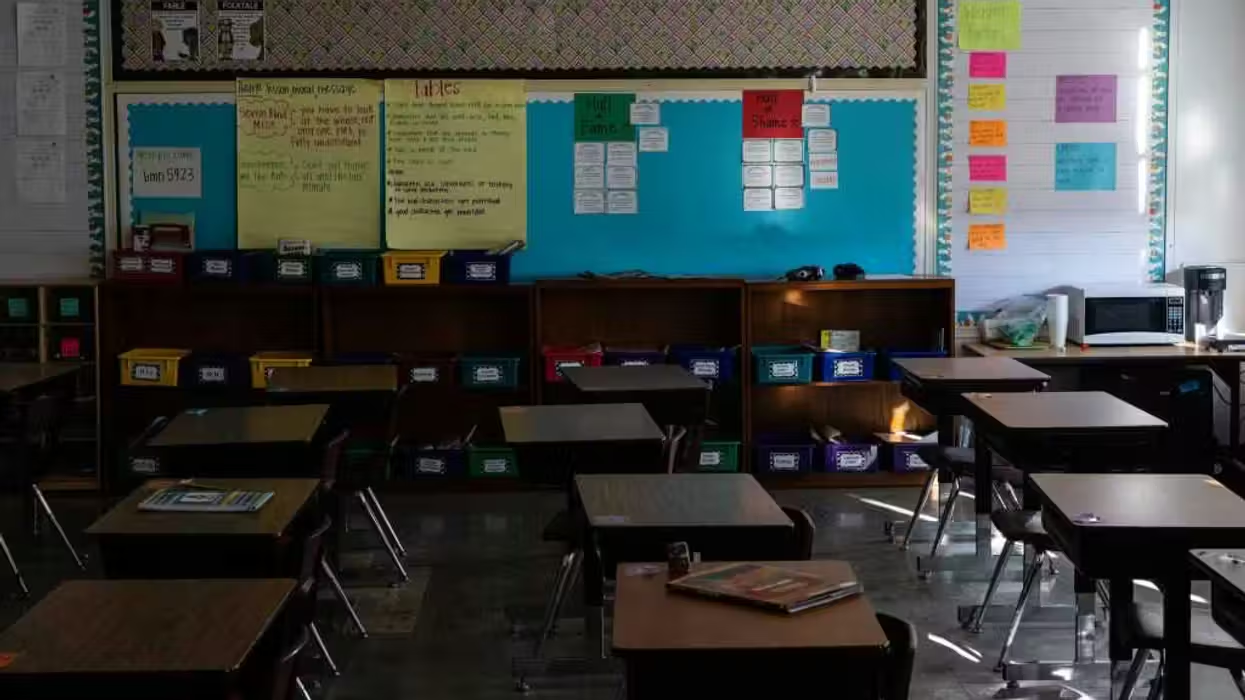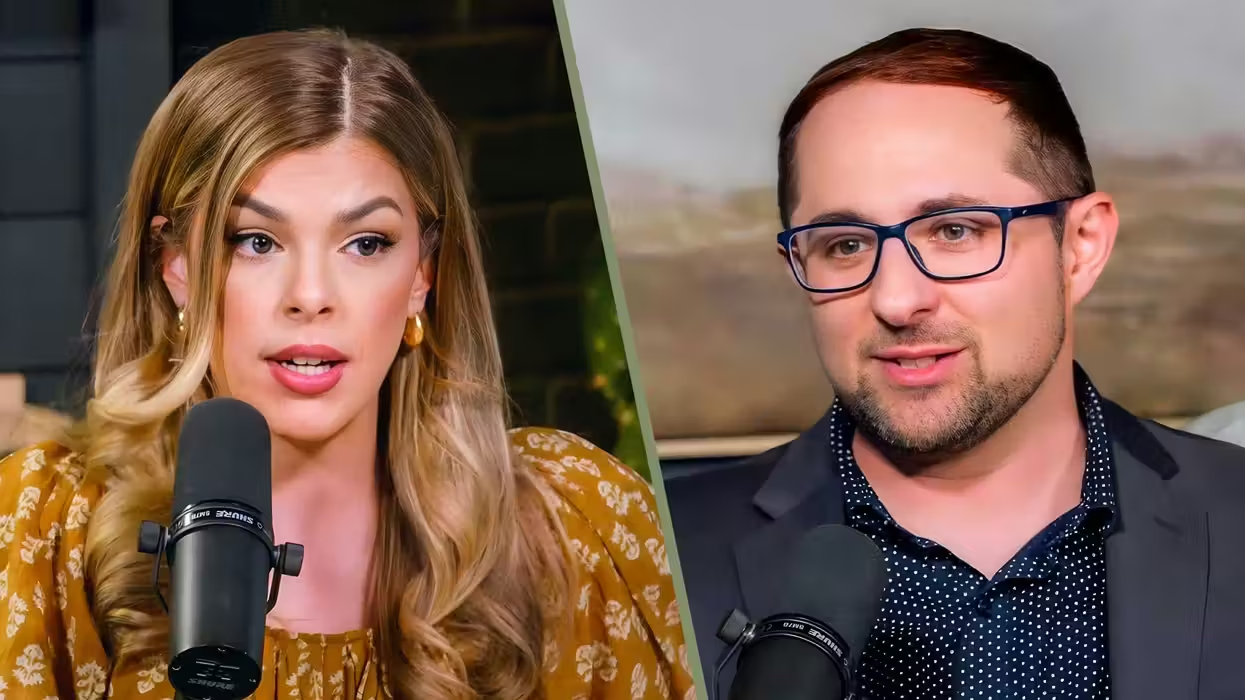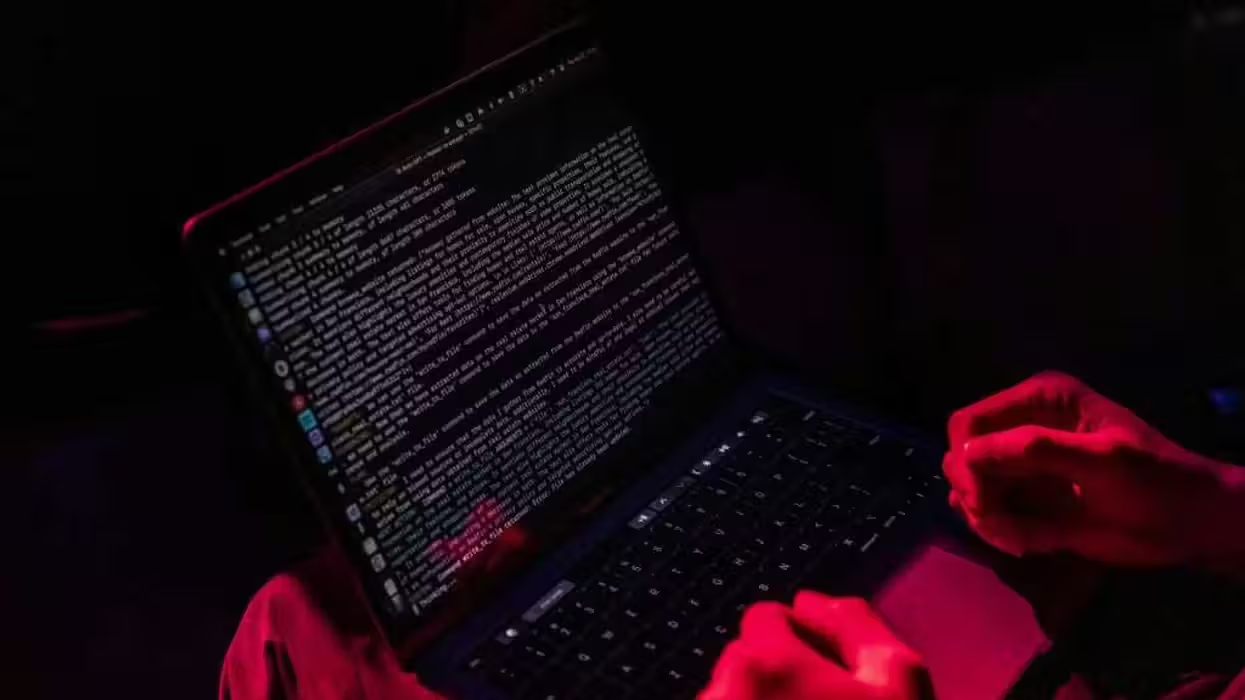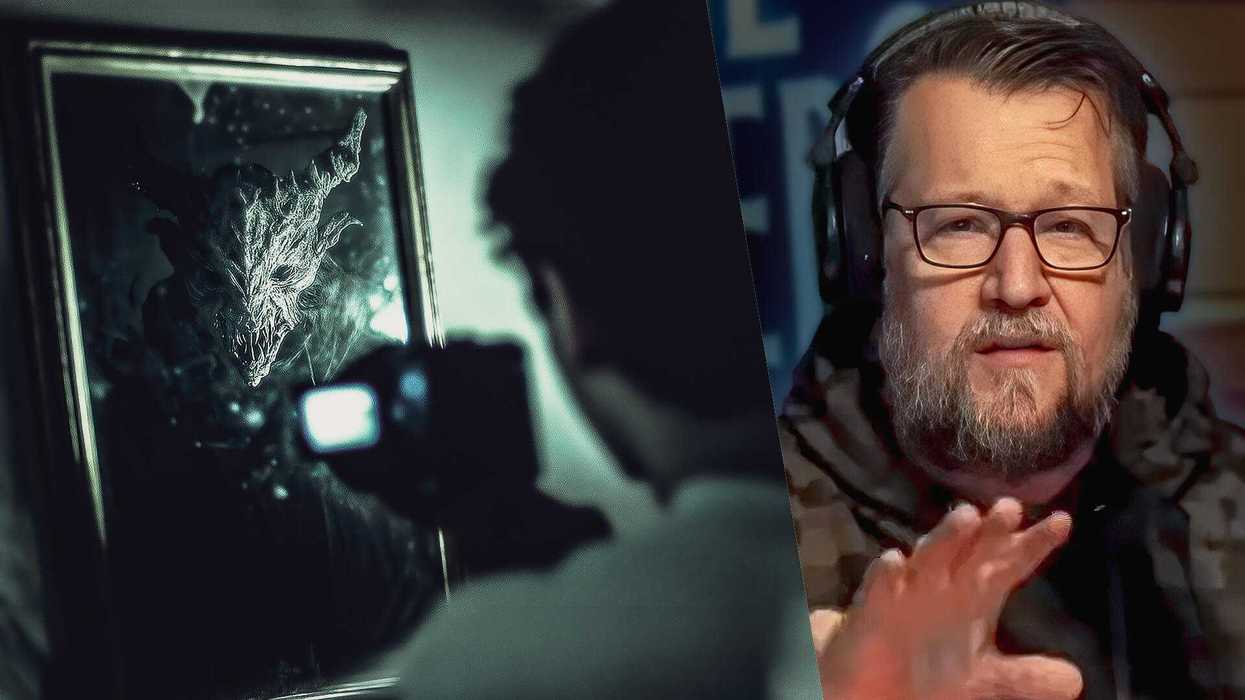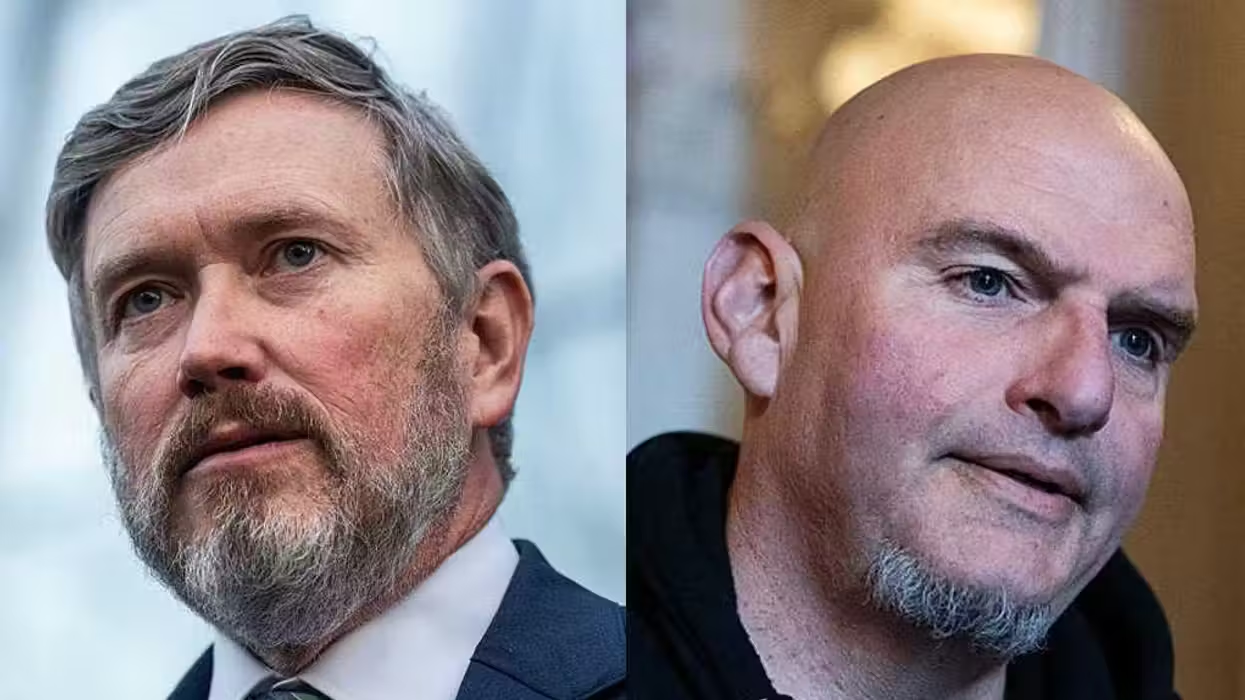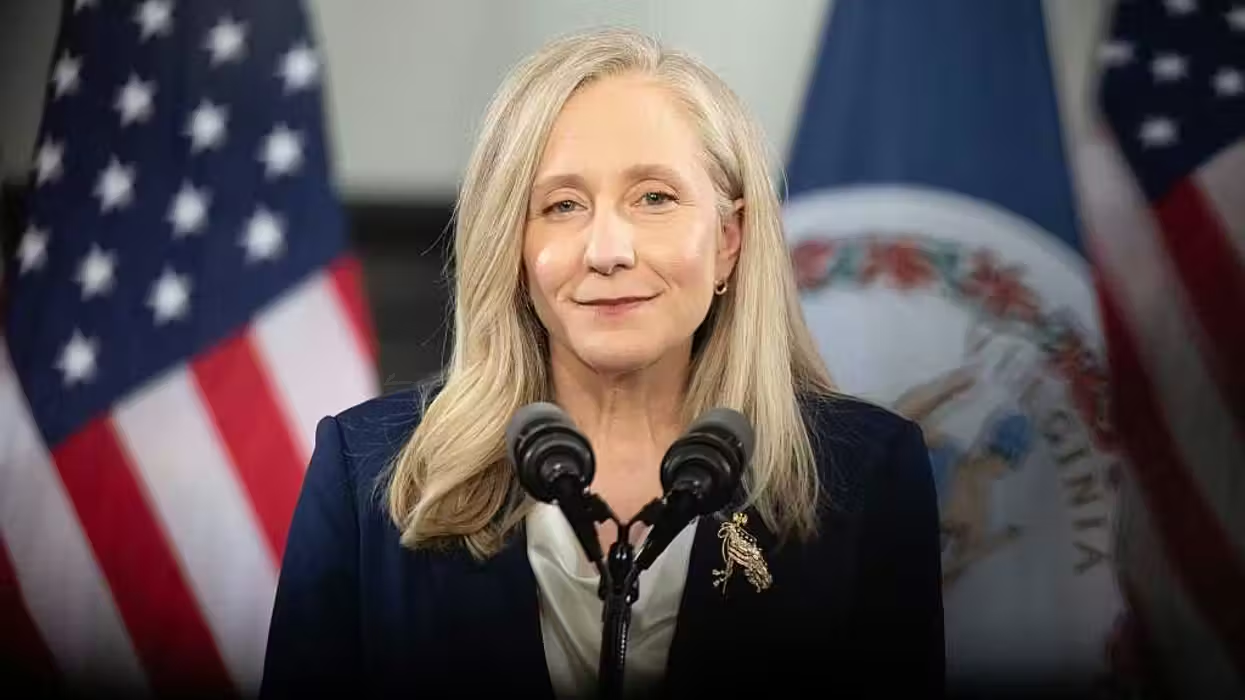Jurors in the George Zimmerman murder trial on Monday heard testimony from police officers describing the neighborhood watch volunteer's demeanor following his fight with 17-year-old Trayvon Martin.
When asked if Zimmerman showed any anger or animosity towards Martin when he talked about him, Officer Doris Singleton -- the first person to extensively interview Zimmerman at the police station -- testified, "no." That "no" could prove problematic for the prosecution. Prosecutors must show that Zimmerman acted with ill will or a depraved mind in order to get a second-degree murder conviction.
Second degree murder in Florida is defined as follows: "The unlawful killing of a human being, when perpetrated by any act imminently dangerous to another and evincing a depraved mind regardless of human life, although without any premeditated design to effect the death of any particular individual, is murder in the second degree and constitutes a felony of the first degree, punishable by imprisonment for a term of years not exceeding life or as provided in s. 775.082, s. 775.083, or s. 775.084."
In redirect-examination, the prosecution came back and suggested that it is impossible for Singleton to see into Zimmerman's mind and determine that he had no ill will toward Trayvon Martin.
Not backing down, the defense followed up yet again in recross-examination, asking Singleton, not to speculate, but to say whether there was any evidence to suggest that Zimmerman had a depraved mind or ill will on the night of the shooting. Once again, she said no.
 SANFORD, FL - JULY 01: Sanford police officer Doris Singleton holds up a copy of George Zimmerman's written statement from the night of the shooting, during Zimmerman's murder trial in Seminole circuit court July 1, 2013 in Sanford, Florida. Zimmerman is charged with second-degree murder for the February 2012 shooting death of 17-year-old Trayvon Martin. Credit: Getty Images
SANFORD, FL - JULY 01: Sanford police officer Doris Singleton holds up a copy of George Zimmerman's written statement from the night of the shooting, during Zimmerman's murder trial in Seminole circuit court July 1, 2013 in Sanford, Florida. Zimmerman is charged with second-degree murder for the February 2012 shooting death of 17-year-old Trayvon Martin. Credit: Getty Images
"Assistant Prosecutor Bernie de la Rionda appeared frustrated at times by the prosecution witness' testimony, which, like previous witnesses put on by the state, at times seemed to put Zimmerman in a sympathetic light. Several times, De La Rionda turned his back on the witness stand and looked to his co-counsel, almost in frustration," Fox News reports.
Jurors also heard audio recordings of Zimmerman recounting how he feared for his life before he shot Martin.
Zimmerman said in his first interview at the police station that he saw Martin walking through his neighborhood on a dark, rainy night while Zimmerman was driving to the grocery store. He told Singleton that he didn't recognize Martin and that there had been recent break-ins at his townhome complex.
"These guys always get away," Zimmerman told Singleton, a statement similar to one that prosecutors have used previously to try to show that Zimmerman was increasingly frustrated with the burglaries and his encounter with Martin was a breaking point.
Zimmerman told the police officer that he lost track of Martin and got out of his truck to look for a street name he could relay to police dispatcher. When the dispatcher suggested Zimmerman didn't need to follow Martin, Zimmerman started to head back to his vehicle. At that point, Zimmerman said Martin "jumped out" of some bushes and said, "What the f--- is your problem, homey?"
Zimmerman claims Martin then punched him and he fell to the ground. Zimmerman said that Martin then began hitting his head against the sidewalk as Zimmerman yelled for help and that Martin told him, "You're going to die tonight."
With Zimmerman's shirt and jacket pushed up during the struggle and his holstered gun now visible, he thought Martin was reaching for his firearm holstered around his waist. Zimmerman told the officer that he shot Martin and the teen said, "You got me."
Singleton recounted that Zimmerman noticed a cross she was wearing and said: "In Catholic religion, it's always wrong to kill someone."
The officer responded, "If what you're telling me is true, I don't think that what God meant was that you couldn't save your own life."
Zimmerman also acted surprised when Singleton told him Martin was dead.
"He's dead?!" Singleton recalled Zimmerman saying, before he lowered his head toward the table in the interrogation room.
 SANFORD, FL - JULY 01: George Zimmerman is escorted by court personnel during a recess on the 16th day of his trial in Seminole circuit court July 1, 2013 in Sanford, Florida. Credit: Getty Images
SANFORD, FL - JULY 01: George Zimmerman is escorted by court personnel during a recess on the 16th day of his trial in Seminole circuit court July 1, 2013 in Sanford, Florida. Credit: Getty Images
Jurors also heard from the lead detective in the case, Officer Chris Serino, who asked him several pointed questions about whether the teenager could have felt threatened because Zimmerman was following him.
Earlier Monday, prosecutors called FBI audio expert Hirotaka Nakasone to focus on the issue of who was screaming for help on 911 calls during the confrontation. Jurors were played the 911 calls several times last week.
The recordings are crucial pieces of evidence because they could determine who the aggressor was in the confrontation. Martin's family contends it was the teen screaming, while Zimmerman's father has said it was his son.
Even though he was a pre-trial witness for the defense, prosecutors called Nakasone to set up later testimony from either the teen's mother or father that they believe it was their son yelling for help.
During his pre-trial testimony, Nakasone testified that there wasn't enough clear sound to determine whether Zimmerman or Martin was screaming on the best 911 sample, an assertion he repeated Monday.
The FBI expert said that it's easier for a person with a familiarity of a voice to identify it than someone who has never heard it previously. That is especially true if the recording is of a subject screaming and the person trying to identify the voice has heard the subject under similarly stressful circumstances previously, Nakasone said.
But under cross-examination by defense attorney Don West, Nakasone said there was a risk of increased listener bias if people trying to identify a voice are listening to a sample in a group, as Martin's parents did, rather than individually.
"There might be a risk of bias included in the end results," Nakasone said.
Nakasone's pretrial testimony, along with other defense experts, helped keep two prosecution audio experts from testifying. One prosecution expert ruled out that it was Zimmerman screaming on the 911 call and the other thought it was the teen.
Zimmerman has said he fatally shot the teen in February 2012 in self-defense as the Miami-area black teenager was banging his head into the concrete sidewalk behind the townhomes in a gated community.
The jury saw video of Zimmerman walking investigators through the fatal shooting. While parts of the video were previously released, the video in its entirety was first released today.
Watch much of the reenactment below:
Zimmerman, 29, could get life in prison if convicted of second-degree murder. The state argued during its opening statement that Zimmerman profiled and followed Martin in his truck and called a police dispatch number before he and the teen got into a fight.
Zimmerman has denied the confrontation had anything to do with race, as Martin's family and their supporters have claimed.
The Associated Press contributed to this report. This story has been updated.
–
[related]

 SANFORD, FL - JULY 01: Sanford police officer Doris Singleton holds up a copy of George Zimmerman's written statement from the night of the shooting, during Zimmerman's murder trial in Seminole circuit court July 1, 2013 in Sanford, Florida. Zimmerman is charged with second-degree murder for the February 2012 shooting death of 17-year-old Trayvon Martin. Credit: Getty Images
SANFORD, FL - JULY 01: Sanford police officer Doris Singleton holds up a copy of George Zimmerman's written statement from the night of the shooting, during Zimmerman's murder trial in Seminole circuit court July 1, 2013 in Sanford, Florida. Zimmerman is charged with second-degree murder for the February 2012 shooting death of 17-year-old Trayvon Martin. Credit: Getty Images

